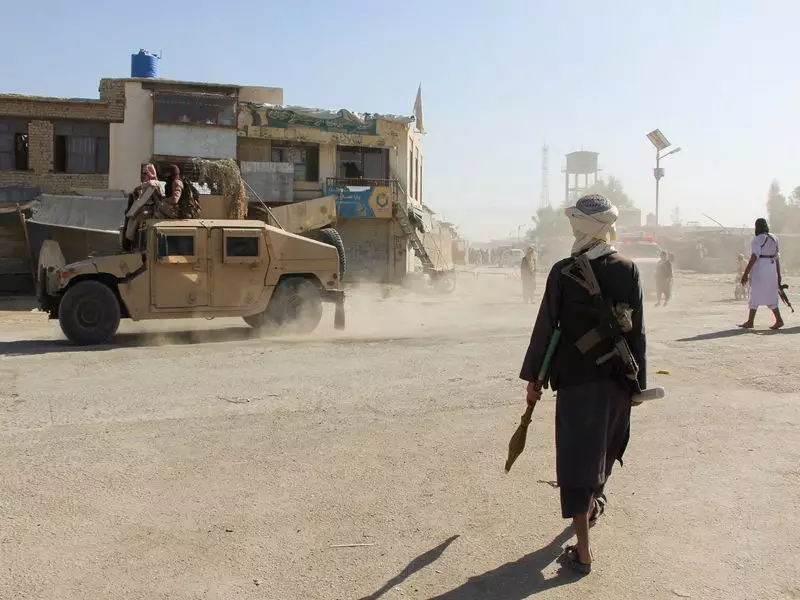
In a dramatic escalation of diplomatic tensions, Afghan authorities have squarely placed responsibility for the ongoing conflict in their country on neighboring Pakistan, just as crucial international talks prepare to convene in Doha. The allegations come at a critical juncture for regional stability and peace efforts.
Diplomatic Firestorm Erupts Before Key Negotiations
The Afghan interim government, led by the Taliban, has issued a strongly worded statement accusing Pakistan of providing "sanctuary and support" to militant groups operating across their shared border. This bold accusation threatens to derail the upcoming Doha discussions, where international stakeholders hoped to make significant progress on Afghanistan's future.
"The primary obstacle to peace and stability in Afghanistan remains the cross-border support enjoyed by terrorist elements," stated an Afghan government spokesperson. "Until this issue is addressed comprehensively, sustainable peace will remain elusive."
Pakistan's Response and Regional Implications
Islamabad has consistently denied such allegations, countering that it faces similar security challenges from militant groups operating from Afghan soil. However, the timing of these latest accusations suggests a strategic positioning by Afghan officials ahead of the Doha forum, where they seek to shape the international narrative.
The tension between the two neighbors has deep historical roots, with both nations accusing each other of harboring militant elements that launch cross-border attacks. This latest exchange underscores the fragile nature of regional diplomacy and the complex web of alliances and rivalries that continue to plague South Asian security.
What to Expect at the Doha Talks
The upcoming negotiations in Qatar's capital are expected to address multiple critical issues:
- Human rights concerns, particularly women's rights under Taliban rule
- Counter-terrorism cooperation and regional security arrangements
- Humanitarian assistance for Afghanistan's struggling population
- International recognition of the Taliban-led government
With Afghanistan now openly blaming Pakistan for the continued violence, the atmosphere at the talks promises to be charged with tension and diplomatic maneuvering.
Broader Regional Security Concerns
International observers worry that this public finger-pointing could complicate already delicate negotiations. The United States and other Western powers have invested significant diplomatic capital in bringing various stakeholders to the table, hoping to prevent Afghanistan from becoming a safe haven for international terrorist groups again.
"This public accusation game helps no one," commented a regional security analyst who requested anonymity. "What we need now is quiet diplomacy and confidence-building measures, not inflammatory statements that could harden positions on all sides."
As the diplomatic community holds its breath, all eyes turn to Doha, where the future of Afghanistan—and regional stability—may hang in the balance.





